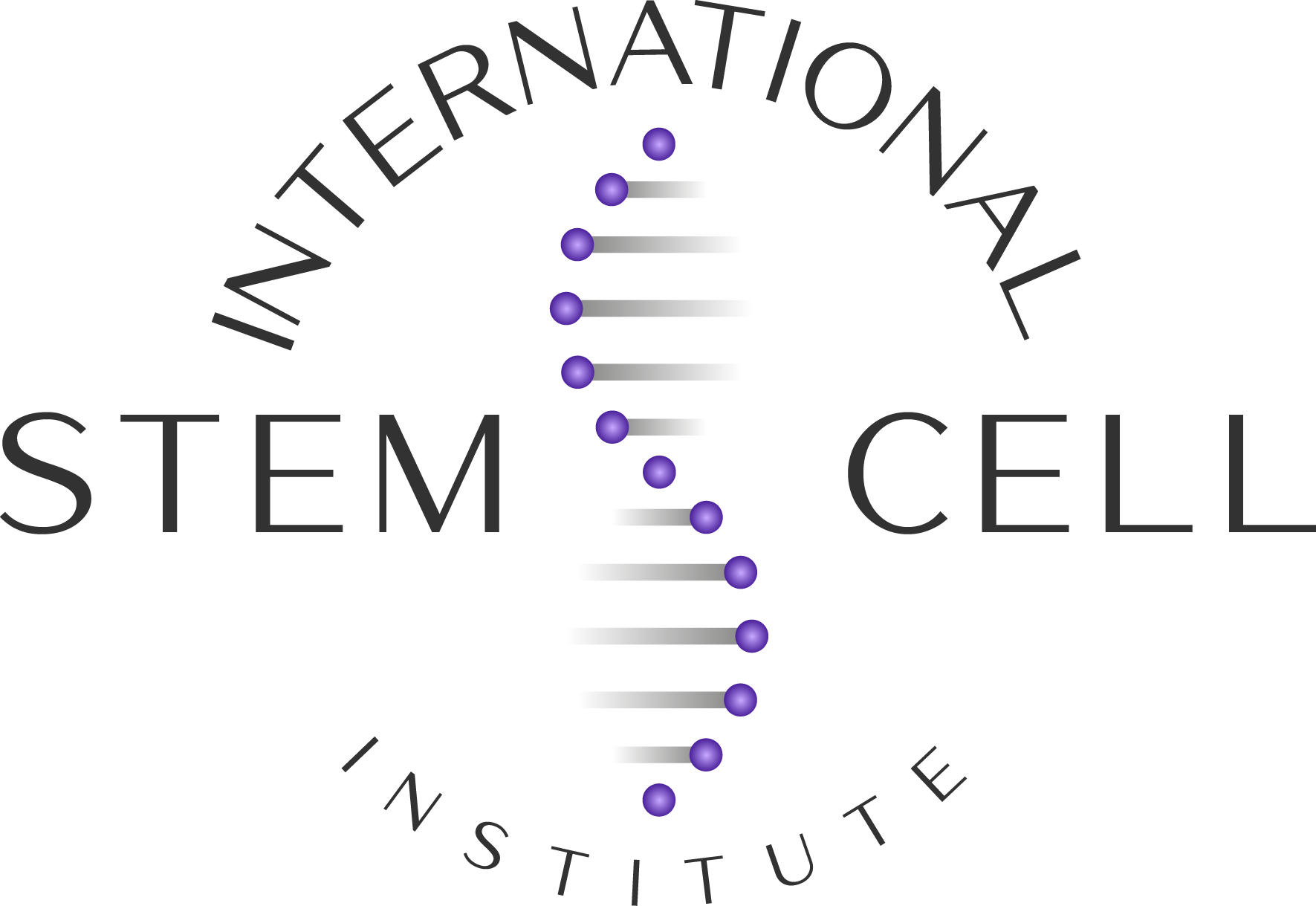Recent Posts
- REVOLUTIONIZING HEART HEALTH
- EVENT Reversing Heart Disease Naturally Summit 2.0
- Stem Cell Therapy for Erectile Dysfunction at the International Stem Cell Institute
- Stem Cell Therapy for Alzheimer’s Disease: A Promising Frontier
- Stem Cell Therapy for Chronic Pain: Transforming the Landscape of Pain Management
Recent Comments


In the realm of neurodegenerative diseases, Alzheimer’s stands as one of the most formidable challenges. Characterized by a relentless decline in cognitive abilities and memory, Alzheimer’s disease has long been a source of concern for medical professionals, patients, and caregivers alike. However, with the emergence of stem cell therapy as a groundbreaking medical advancement, there is renewed hope on the horizon. In this article, we delve into the potential role of stem cells in the treatment of Alzheimer’s.
Can Stem Cells Help with Alzheimer’s Disease?
 Absolutely. Emerging research suggests that stem cells, specifically mesenchymal stem cells, hold significant promise in the context of Alzheimer’s disease. Here’s how:
Absolutely. Emerging research suggests that stem cells, specifically mesenchymal stem cells, hold significant promise in the context of Alzheimer’s disease. Here’s how:
- Neuroprotection: Mesenchymal stem cells have demonstrated the ability to release protective factors that can potentially halt or slow down the progression of neuronal damage in Alzheimer’s patients.
- Reduction of Inflammation: Chronic inflammation in the brain is a hallmark of Alzheimer’s. Stem cells have the potential to mitigate this inflammation, offering the possibility of slowing disease progression.
Can Alzheimer’s Patients Regenerate Brain Cells?
The human brain has limited regenerative capacity, particularly as we age. This limitation poses a significant challenge in Alzheimer’s, where substantial neuronal loss occurs. However, stem cells offer a glimmer of hope:
- Neural Regeneration: Mesenchymal stem cells have the capacity to differentiate into neurons, potentially replacing lost or damaged cells in the brain.
- Support for Existing Neurons: While neuronal replacement is still a developing field, stem cells can provide support to existing neurons, ensuring their survival and optimal functioning.
How Promising is the Landscape of Alzheimer’s Disease Cure?
 Although a definitive cure for Alzheimer’s has not yet been declared, the landscape is increasingly promising, thanks to advancements such as stem cell therapy:
Although a definitive cure for Alzheimer’s has not yet been declared, the landscape is increasingly promising, thanks to advancements such as stem cell therapy:
- Expanded Treatment Options: In addition to conventional treatments, stem cell therapy provides another avenue for Alzheimer’s patients.
- Hope for Slower Progression: Even in the absence of a complete cure, slowing down disease progression can significantly enhance the quality of life for patients and provide more precious moments with loved ones.
- Ongoing Research: Researchers are making continuous strides in understanding the disease and how stem cells can be harnessed for treatment.
Recommendations for Those Considering Stem Cell Therapy for Alzheimer’s:
- Consultation: Always seek consultation with a specialist in the field, such as the distinguished team at the International Stem Cell Institute.
- Stay Informed: Given the ongoing nature of stem cell research, staying updated with the latest findings is crucial.
- Assess Benefits and Risks: Understand the potential benefits and risks associated with tailored stem cell therapy for Alzheimer’s.
Conclusion
The march of Alzheimer’s disease has long cast a shadow over the medical world, but with pioneering treatments like stem cell therapy, there is a growing beacon of hope. The journey towards a definitive cure is ongoing, but each step forward, such as the treatments available at the International Stem Cell Institute, brings us closer to turning the tide against this formidable adversary.
Send us a message HERE for more information!
2023 © Mercadeo Salud. All rights reserved.


 Although a definitive cure for Alzheimer’s has not yet been declared, the landscape is increasingly promising, thanks to advancements such as stem cell therapy:
Although a definitive cure for Alzheimer’s has not yet been declared, the landscape is increasingly promising, thanks to advancements such as stem cell therapy:
Comments are closed.